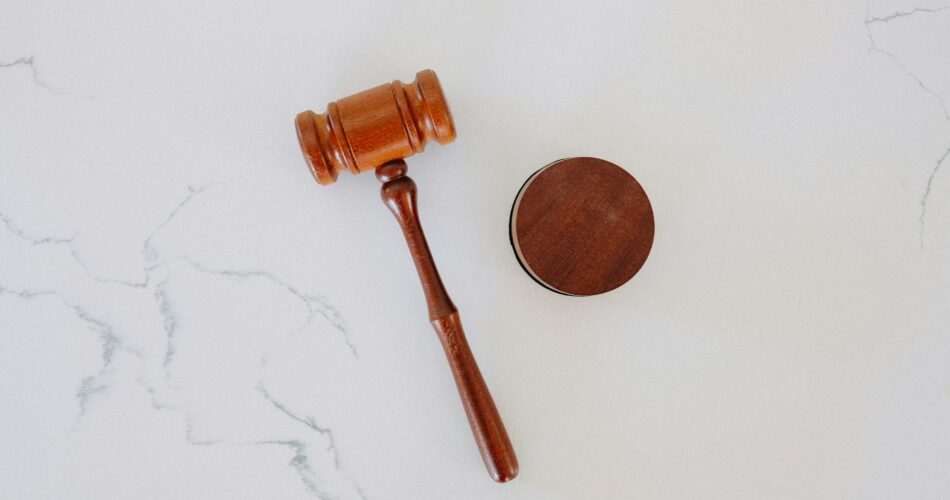Apparently the board did nothing wrong.
A federal judge has ruled that an Arizona school board did not violate federal law by advising a member to refrain from quoting the Bible during public meetings. U.S. District Judge Michael T. Liburdi, appointed by President Trump, determined that Heather Rooks, the board member, did not have the standing to sue the Peoria Unified School District after receiving guidance to stop quoting Scripture in meetings. Judge Liburdi clarified that the board’s emails were legal advice, warning the member about potential legal risks, rather than an attempt at unlawful censorship.
The judge noted that the emails issued by the board did not contain threats, such as referring the matter to the Arizona Attorney General or cutting off the board member’s microphone for mentioning Bible verses. The ruling emphasized that interpreting the emails as threats could stifle important legal discussions between attorneys and their clients.
Erin Smith, associate counsel for the First Liberty Institute, which is representing Rooks, responded by stating that the school board has since reconsidered its position and would allow her to quote Bible verses in future meetings. Rooks plans to continue quoting Scripture at the next board meeting and will appeal the ruling to protect her right to free speech.
Rooks began quoting Bible verses during the board comments section of meetings after she took office in January 2023, a practice that sparked a response from the Freedom From Religion Foundation, a group that advocates for the separation of church and state. In response, the school board and its attorney advised Rooks that this practice might violate the Constitution, leading to the legal advice emails asking her to cease quoting the Bible.
In September 2023, the First Liberty Institute and Gibson Dunn & Crutcher LLP filed a lawsuit on Rooks’ behalf, arguing that quoting Scripture was a tradition followed by public officials for centuries. The lawsuit emphasized that Rooks’ quotes did not pressure others to participate and that the practice was in line with the historical customs of many U.S. leaders. The legal team argued for a declaration that Rooks’ actions did not breach the Establishment Clause of the Constitution.
